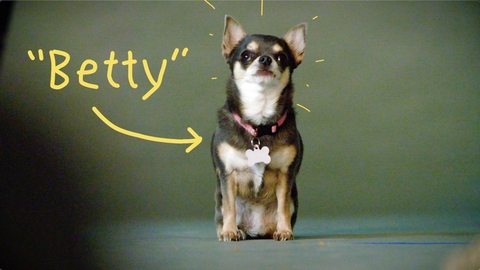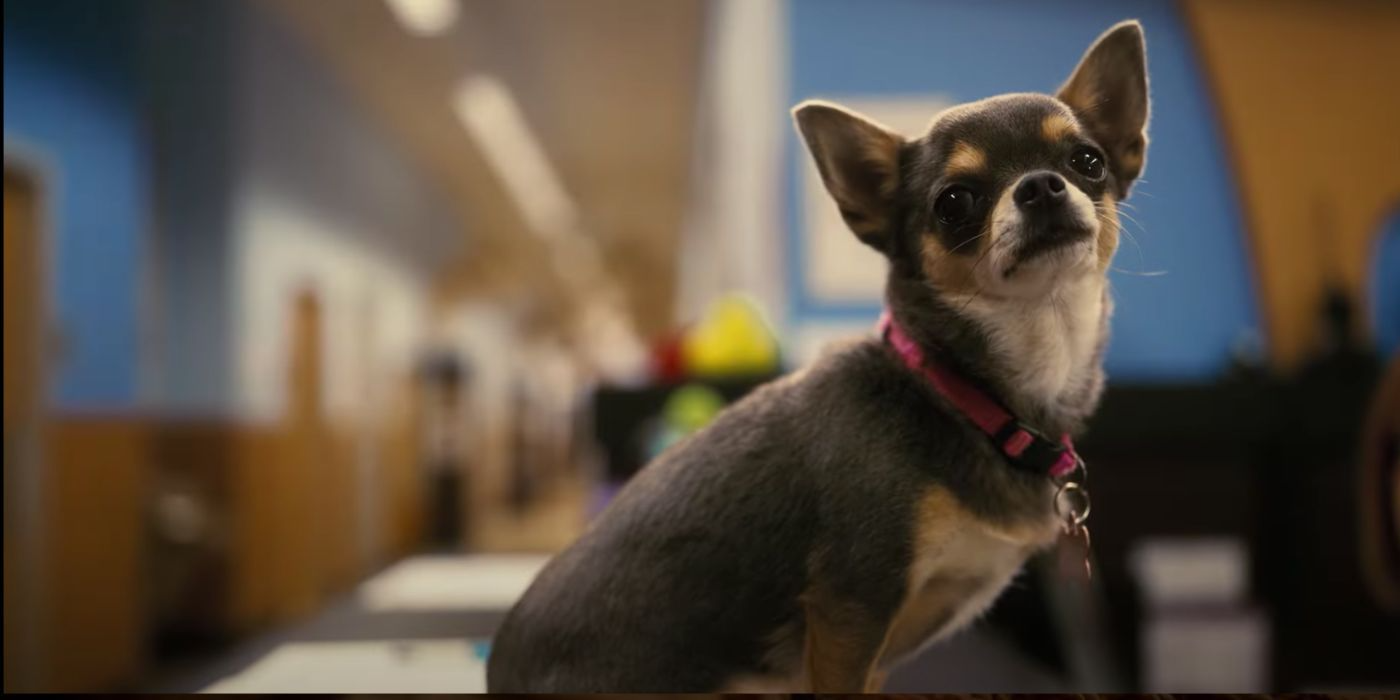
Among the recent hit detective series, ABC’s Will Trent has made its mark thanks to its combination of tense crime-solving investigation and deep psychological elements. Although it exploits dark cases, the series still knows how to intersperse light-hearted, humorous and humane moments. One of the scenes that makes viewers laugh and cry is the scene where Will Trent hallucinates that his dog Betty “talks” to him – a detail that is both strange and full of psychological depth.
When Does the Scene Take Place? What Does It Mean?
The scene where Betty “talks” to Will appears in season 3 of Will Trent, after a series of sudden events in the life of this GBI agent. He faces guilt for accidentally causing the death of a child during the investigation. Combined with a complicated relationship with Angie and increasingly heavy work pressure, Will sinks into a state of physical and mental exhaustion.
In a delirious state caused by post-traumatic stress disorder, Will begins to converse with his loyal dog, Betty, who he adopted from an animal shelter. To his surprise, Betty… speaks human language in Will’s hallucinations. She speaks in a cute, sarcastic, yet profound voice, asking challenging questions about his behavior, emotions, and choices.
Betty – Not Just a Pet, But a Healing Medicine
From the first episodes of the series, Betty – a small, Chihuahua mix – has become a beloved supporting character and a symbol of the most “human” part of Will. In a world filled with coldness, pain, and violence, Betty is the only emotional anchor, a safe and gentle presence.
Will – who grew up in a harsh foster system, never having a real family – finds a wordless connection with Betty. The scene where he gently takes care of Betty, puts her on a soft bed, talks to her like a close friend… shows a completely different side of the GBI agent who is famous for being cold and principled.
Therefore, Betty becoming the one to “talk” to Will during a hallucination is not only a funny trick, but also a way for the screenwriter to bring viewers deeper into the main character’s mind.
When Hallucinations Become Necessary “Mental Medicine”

The scene where Betty “talks” to Will not only surprises viewers, but also becomes a creative highlight in season 3. Instead of letting the character fall into a state of prolonged depression – which can easily slow down the pace of the film – the screenwriter cleverly chose a way to psychologically express it in the form of light humor.
Betty’s lines during a hallucination are not silly. On the contrary, they are written very intelligently, sometimes even having a… philosophical direction. Betty questions Will:
“Do you really want to save people, or are you just trying to atone for things you can’t control?”
“You ran away from Angie, but you never really wanted to leave her, did you?”
These words, when spoken by a… dog, bring a feeling of half-real, half-dream, forcing the viewer to slow down and reflect. Will is not talking to Betty at this time, but to his own conscience and emotions.
A Brave Difference From The Original Book
In the original novel by Karin Slaughter, Will Trent is a series of detective stories that are dark, violent, and brutally realistic. Surrealistic details like the scene where Betty “talks” are completely out of place. But it is this “intentional creativity” that helps the television adaptation attract a wide audience.
This darkly comedic hallucination scene is a clear demonstration of how ABC shaped Will Trent in a more relatable way for TV viewers, creating a diverse emotional space instead of being immersed in violence and endless pain like in the book.
Staging and Acting – Factors That Make the Scene Memorable
It would be remiss not to mention Ramón Rodríguez’s subtle performance as Will Trent. In the hallucination scene, his dreamy eyes, astonishment, and even a bit of confusion clearly show a state of half-awakeness, half-asleep, both humorous and pitiful. Rodríguez’s ability to get into character helps the audience not to be “down in the mood” despite the scene’s strange color.
In addition, the voiceover of “Betty” – performed by a veteran comedian (whose identity has not yet been revealed) – is also a big plus. The gentle, slightly sarcastic but not over-the-top voice makes Betty in the scene strangely adorable.
Audience and Online Community Reactions
As soon as the episode with Betty “talking” aired, social media was flooded with excited comments:
“I didn’t expect to cry over a talking dog scene!”
“Will Trent needs an animated Betty!”
“This is the cutest scene I’ve ever seen in a detective series.”
Many people also suggested that Betty should have an “official role” in the following seasons, with some fans even creating fanart of “Betty the Therapist”
